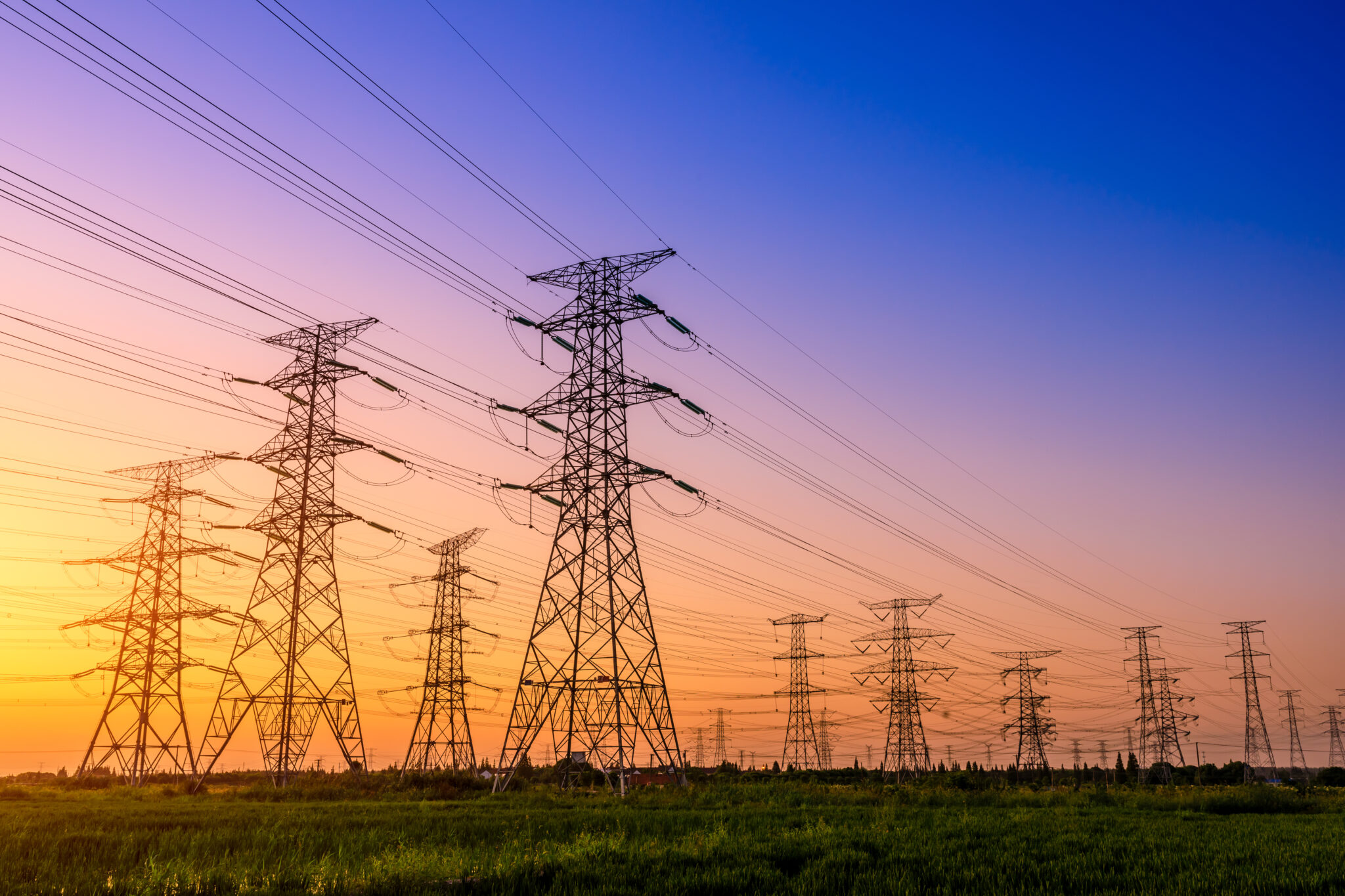A Novel Approach to Monitoring Grid Reliability

High voltage electrical infrastructure. © ABCDstock – stock.adobe.com
Policy Context
Since 2012, persistent power failures in Ghana have negatively affected its economy and given rise to the term “Dumsor Dumsor” — meaning “lights off-on” in the local Akan language. With the aim of dramatically reducing outages in Ghana, the Government of Ghana and the Millennium Challenge Corporation (MCC) are investing in increasing the quality of the electric grid. However, traditional methods of measuring grid performance are costly and inefficient, so MCC is partnered with a UC Berkeley team to pilot new technologies to measure the grid’s improvement.
Impressed by the results of the pilot, the Millenium Challenge Corporation has invested in a massive scale-up of the gridwatch technology as part of the $500 million USD investment in grid quality in Ghana through the ECG Financial and Operational Turnaround (EFOT) Project.
Study Design
Led by CEGA affiliate Catherine Wolfram and Professor Prabal Dutta, the team developed a novel method of automatically crowdsourcing grid measurements using smartphones (GridWatch) and new low-cost fixed point sensors. Utilizing these two sensing methodologies in conjunction with cellular networks, the team successfully piloted a uniquely scalable grid monitoring system. The data collected by this system will help answer questions about when and where outages occur, how long they last, and whether infrastructure improvement investments result in improved power availability and reliability.
Results and Policy Lessons
By deploying 462 sensors in homes and businesses in Accra, Ghana for over a year, the project yielded the largest open-source dataset on electricity reliability at the customer-level in the region. The research team used this data to show that the power utility company undercounted power outages by nearly 100%. They also developed a novel approach to detect outages using night light satellite imagery.

